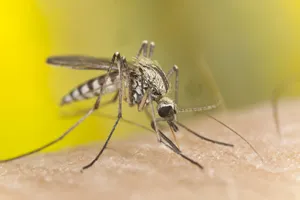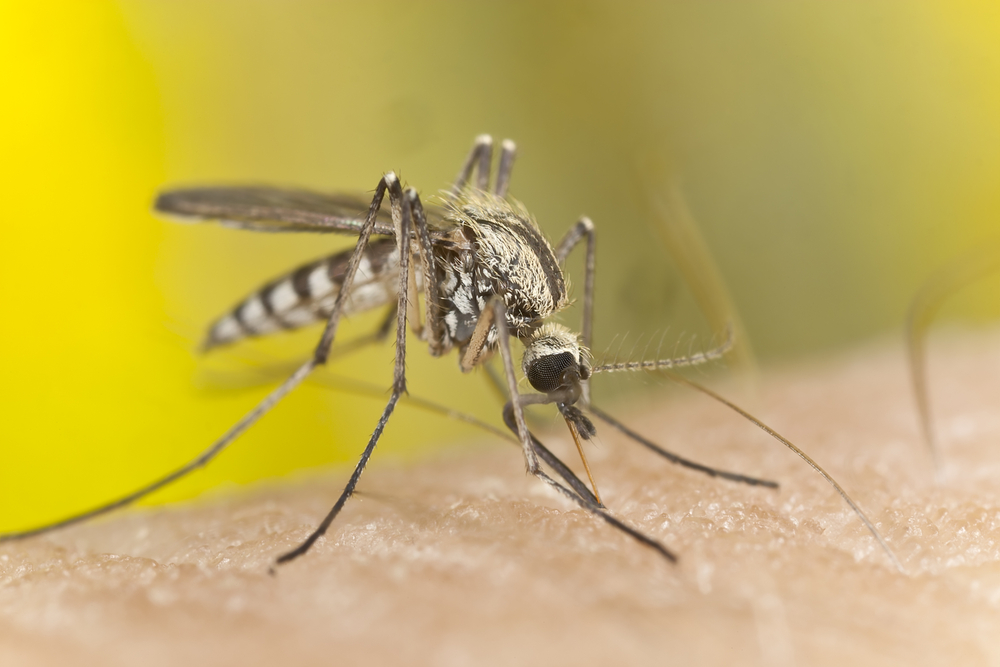
Malaria was eliminated in Greece in 1974 after widespread infection. The spread of malaria is through infected blood. It is most commonly spread through mosquitoes in temperate climates, but can also be passed through blood transfusions and congenitally. Symptoms generally occur between 10-28 days after infection, so people can spread it without knowing they are infected.
Every year there are 300-500 million cases of malaria worldwide, and over 1 million people die from it. The symptoms of malaria infection range from anemia, bloody stools, chills, headache, fever, nausea, and vomiting. The extreme symptoms include convulsions, jaundice, coma, and death. Falciparum malaria can be fatal within hours of first having symptoms.
A recent surveillance and outbreak report from Eurosurveillance, titled “Malaria In Greece, 1975 to 2010” warns that “it is becoming urgent to strengthen surveillance and preform integrated mosquito control that will help eliminate the potential risk of malaria reintroduction and reestablishment.”
The recent outbreak was sparked by migrant workers who travel to Greece while unknowingly infected with malaria.The report also documents a troubling fact. “During the summer of 2011, 27 P. vivax cases were reported in Greek citizens residing in the agricultural area of Evrotas in Lakonia and without travel history.” This would mean that malaria infected mosquitoes traveled to the region and infected the individuals without a known vector.
Source: Bloomberg, Eurosurveillance, PubMed Health



